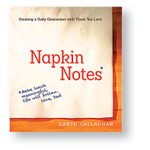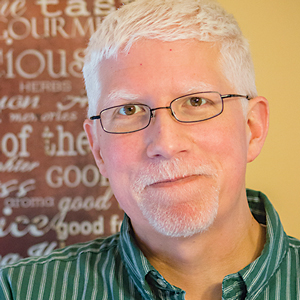
I was introduced to Rachel Macy Stafford, also known as Hands Free Mama, through a blog post she called “Six Words You Should Say Today.” I immediately developed a deep appreciation for her parenting style.
She’d read an article about how when college athletes are asked what kind of encouragement and advice they most appreciated from their parents, they simply liked the phrase, “I like to watch you play.” Rachel started to use this phrase with her kids and realized how it immediately lifted the pressure off her kids. She wasn’t providing criticism or even feedback. It just focused on the joy of watching them do something they loved, like play their sport or instrument, brought to her.
The blog post touched me deeply. I also started using her phrase “I love to watch you play” whenever I could. Emma plays softball. Sitting at her games in the bleachers, as I watch her work together with her teammates, brings me more joy than I ever could have imagined possible. Even more these days.
As I continued to battle cancer, being at her games took on a deep significance for me. It was not just to watch her, for the joy it brought me to observe her. It was also a tangible way to show her support. To show her how I will always, always be there for her. For as long as I am on this earth.
One night, Emma was headed to a sleepover with one of her softball teams. They didn’t always get to see one another that much in the off-season and they wanted to keep their ties. I was excited for her. Her team is made up of incredibly talented girls and they’re also some of the best sports in the league. Everyone is lifted higher during their games, even the spectators.
We were warned that the house where the sleepover was happening was also home to a few animals, and Emma can have allergic reactions from time to time. But she wanted to give it a chance.
But when Emma started having some trouble early in the evening, we collectively decided that it would be a better idea for her to come home, rather than tough it out with the pet allergies. I left our house at ten o’clock to fetch her. I was tired and it had been a long day. I’m usually asleep by ten on a normal day. Rest is important, but not as important as my daughter. I drove the twenty-five minutes, in the dark, without a single thought of my fatigue. I was happy to make this trip.
Emma hopped into my truck as I asked if she was okay. She replied, “I’d never make it the whole night. Thank you for coming to get me.”
I looked her in the eye and simply said, “I will always come get you.”
She kind of nodded her head, and I repeated it. “I will always come get you.” At first, she thought that I believed she hadn’t heard me, and she acknowledged my statement. I knew she’d heard me, but I needed her to listen to me, to truly hear me:
“I will always come get you.”
I held her hand for a moment and let her internalize what I meant. She slowly nodded as she understood. She smiled. I then began to list some of the other reasons why she might need me to come get her: a flat tire, a bad date experience, homesickness, or a friend who had too much to drink and shouldn’t get behind the wheel.
“I will always come get you. I am your dad and I will be there. Call me, no questions asked – at least until you’re home safely. I will never say no.”
I didn’t realize until later that “I will always come get you” also had six words in it. And it was just as meaningful as “I love to watch you play.”
When I told Emma those words that night, I was just thinking of her. I was just thinking of how much I loved her and how much I would always be there for her for as long as I could – if I had anything to do with it.
Today, the phrase carries even more weight, as I realize how much that statement equates to how God likely feels about all of us.





